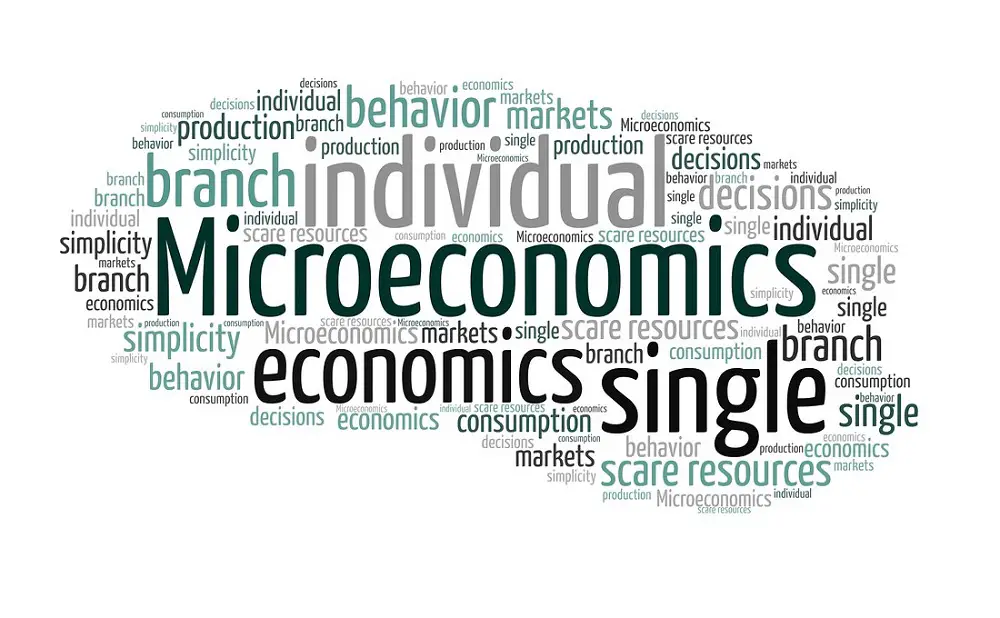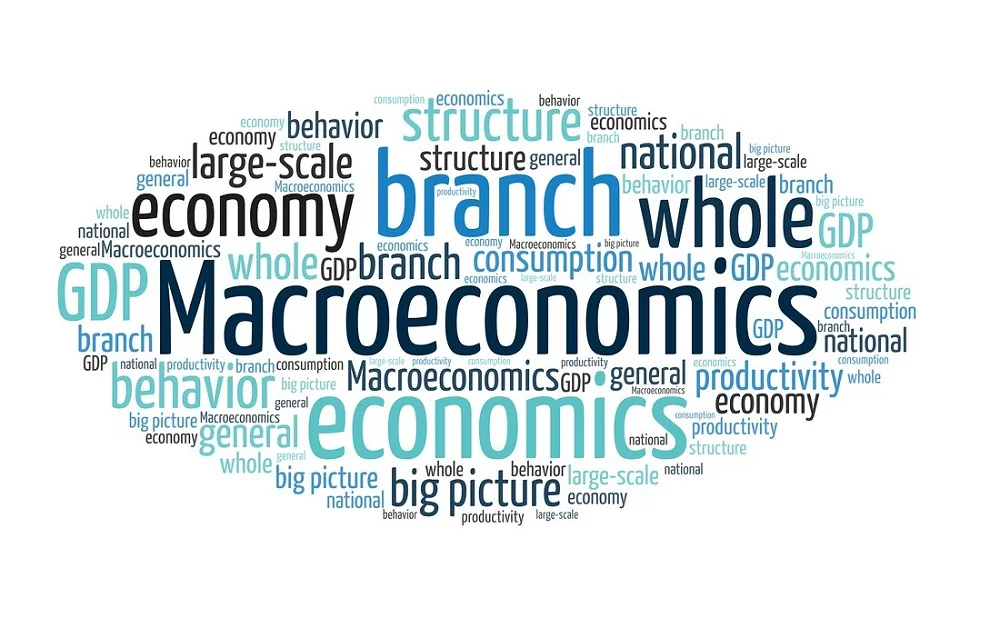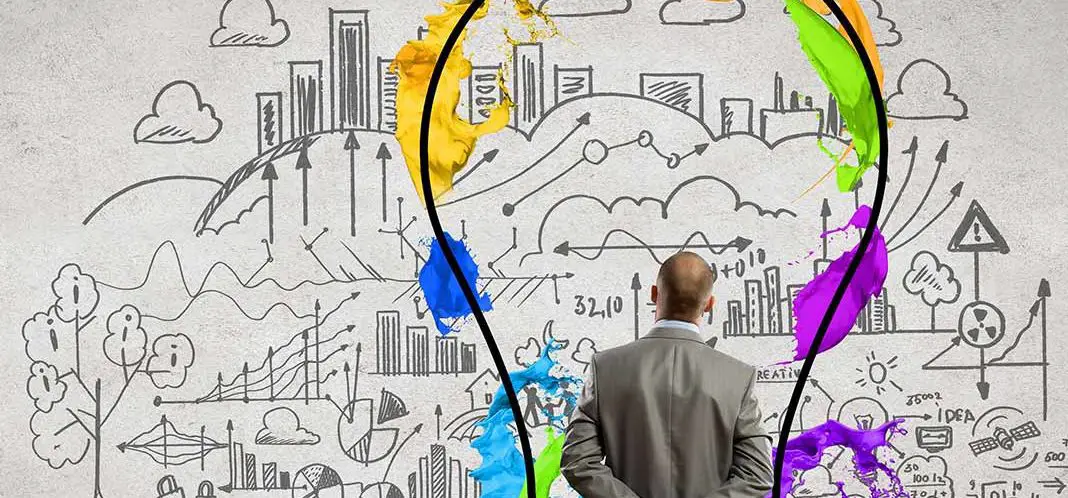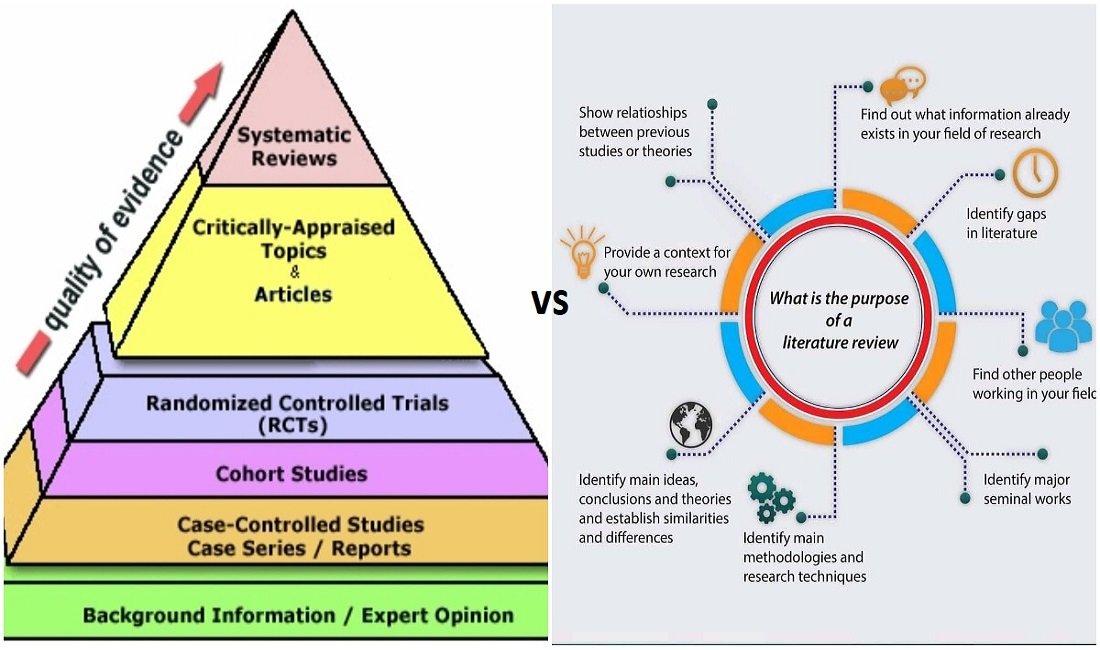Difference Between Microeconomics and Macroeconomics
The economy is divided into two. First is how the whole economy of a nation or system works and; second, how the market of a single product or population functions. Now, to understand the economy, you need to learn about microeconomics vs macroeconomics. Confused about what they are?
No worries because by the end of this article, you’ll learn a great deal about both. Here, we will discuss in detail the difference between microeconomics and macroeconomics. Let’s dive in.
Macroeconomics vs Microeconomics: An Overview
A nation’s whole economy, performance, direction, response, and future are studied under macroeconomics. In comparison, the study of microeconomy involves individual customers, single market, fluctuations of prices of particular goods, etc.
Since microeconomics pays attention to the tiniest details, it is limited to consumer theory, workforce condition, supply and demand balance. It even studies how a particular company will decide wage structure for its employees.
Globalization, global trading patterns, inflation, financial policy of a country or a huge market come under the umbrella of macroeconomics. You can see the key difference with microeconomics is the scale of thinking.
What is Microeconomics?

The scope and definition of microeconomics lie in the terminology. It studies the economic behavior of a single citizen, a single private entity, or a company. The behaviors comprise of buying or selling a particular product or service or a specific market.
The primary goal of microeconomics is to examine the market and find out a particular price of goods that will ensure the allocation of limited resources among various consumers. Achieving this goal is particularly crucial to identify the right price for a particular market.
Microeconomics state that if business entities are rational and each takes the most profitable route for themselves, the limited resources will be allocated effectively.
Know The Difference Between Supply Chain Management and Logistics
What is Macroeconomics?

Targeting the performance, response, and decision-making of a complete economic system, macroeconomics inspect and act on national, international, and global premises.
The majority of the macroeconomists identify their goal as finding a way to maximize national income, ensure economic growth, and improve citizens’ standard of living.
Different models based on national income, consumption, investment, foreign trade, savings, unemployment, etc., are created, studied, and deployed to achieve these goals.
Main Differences Between Microeconomics and Macroeconomics
- Macroeconomics and Microeconomics observe economic behavior in certain areas on different scales over a period of time.
- Microeconomics is definite and specific, looking at each consumer, while macroeconomics is broader and looks at each nation and region.
- Macroeconomics is derived from classic economic theory, and microeconomics came from explaining individual economic behavior.
Recommended for You:
Micro vs Macro Economics: The Comparison Table
|
Parameter |
Microeconomics | Macroeconomics |
| Definition | The study of singular economic units |
Study of national or global scale economic units |
|
Scope |
Individual income and expenses, supply and demand of goods, cost of goods, etc |
National revenue, inflation, financial policy-making, etc |
|
Challenges |
Microeconomics tries to overcome resource allocation and discrimination of price | Macroeconomics deals with unemployment, income discrimination of population |
|
Policy-making |
Microeconomics concerns policy-making at a singular market or product level |
Macroeconomics involves policy-making at a national or global level |
|
Equilibrium |
Microeconomics identifies how economic equilibrium can be achieved on a single identity scale |
Macroeconomics identifies the equilibrium of national income and employment |
Conclusion
The discussion on micro vs macro economics has been going on for decades now. While we kept our focus on discussing where they differ, they are also interconnected in many ways.
You might notice a single economic event, for example, your annual income. This event can be talked about both in microeconomics and macroeconomics.
You can consider how your income got affected over the past few months or years and think about where you stand on a national scale.
Each and every economic event interests both macroeconomists and macroeconomists. The difference lies in the scale you choose to analyze them.






